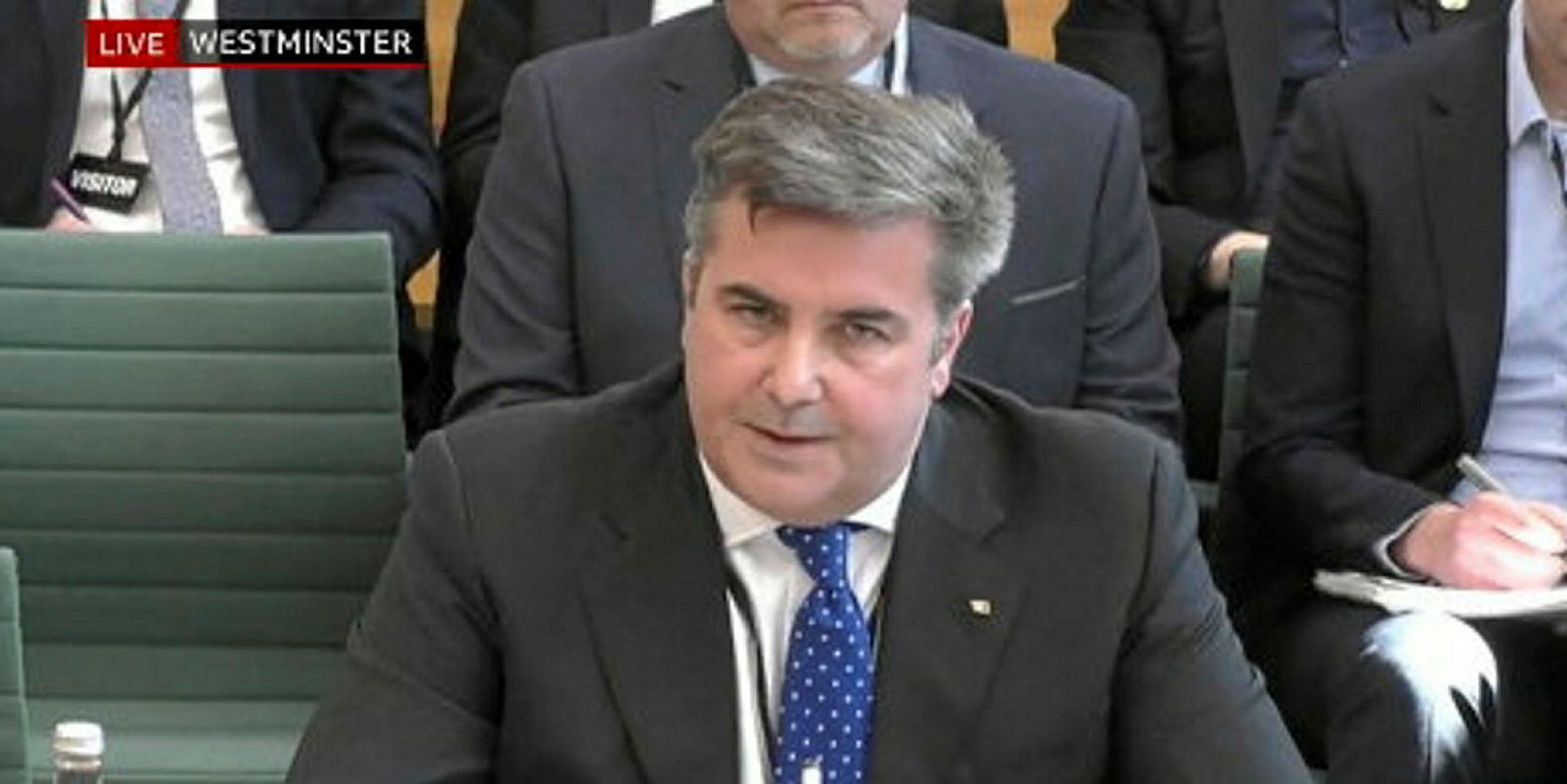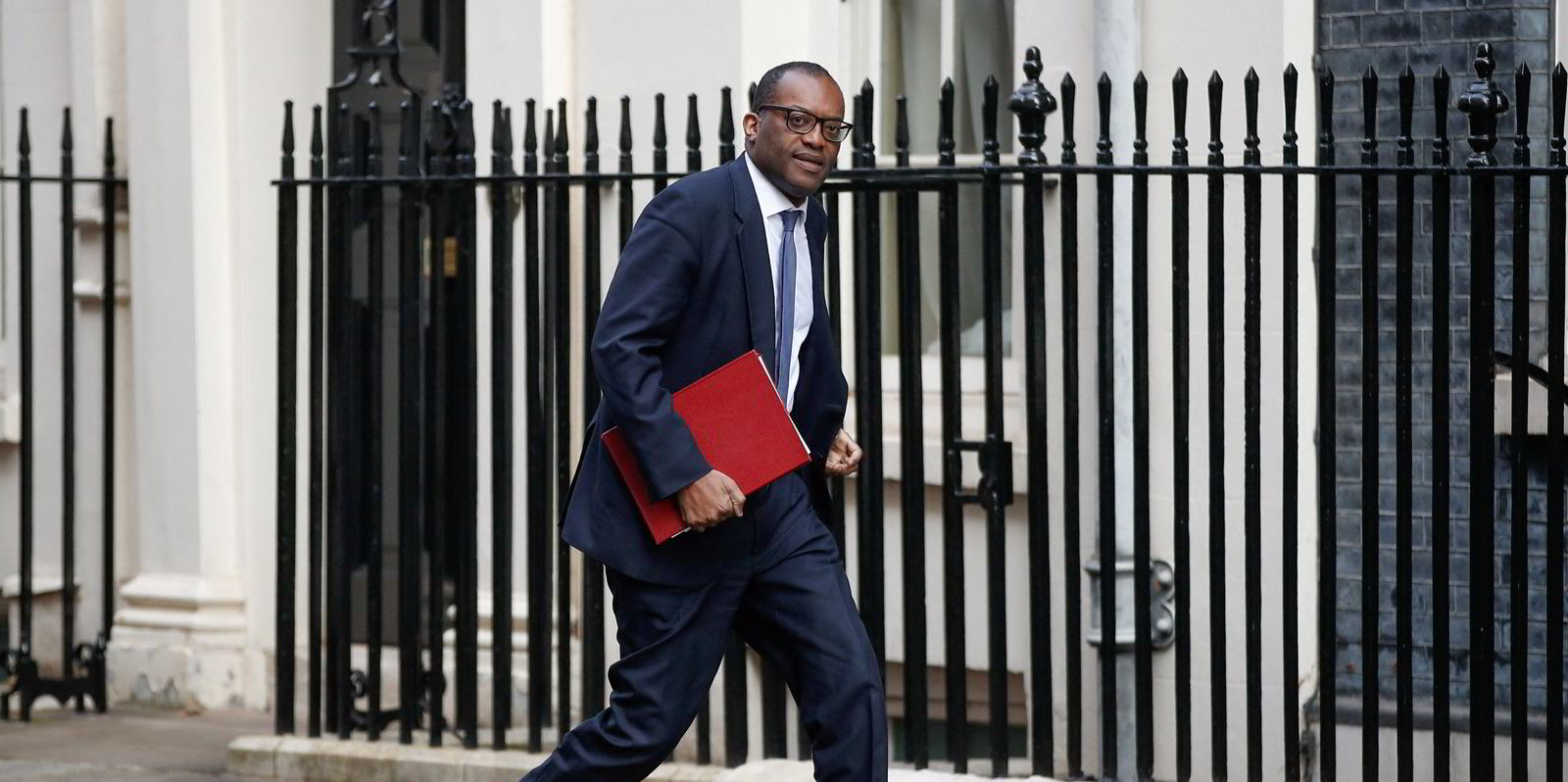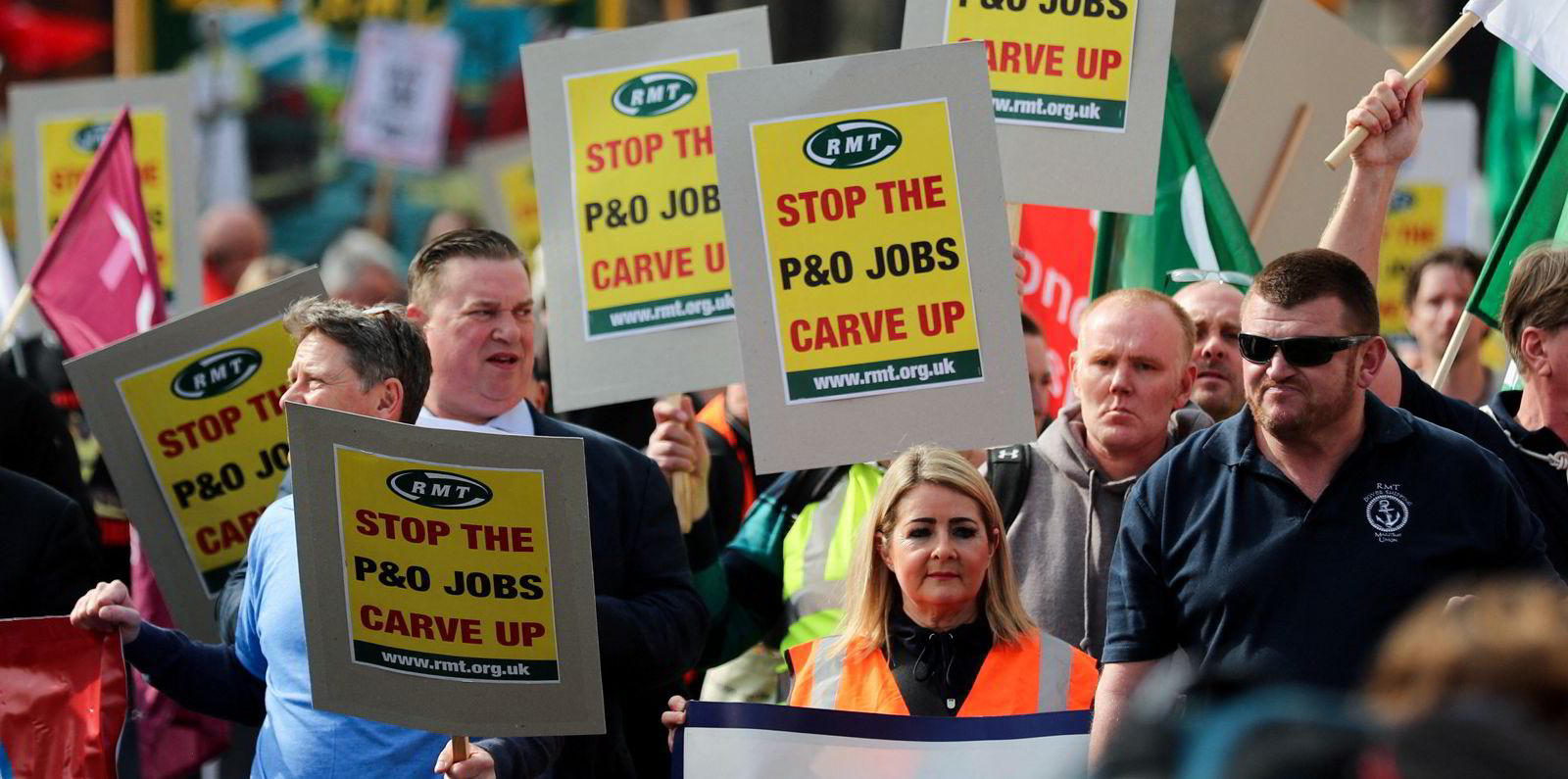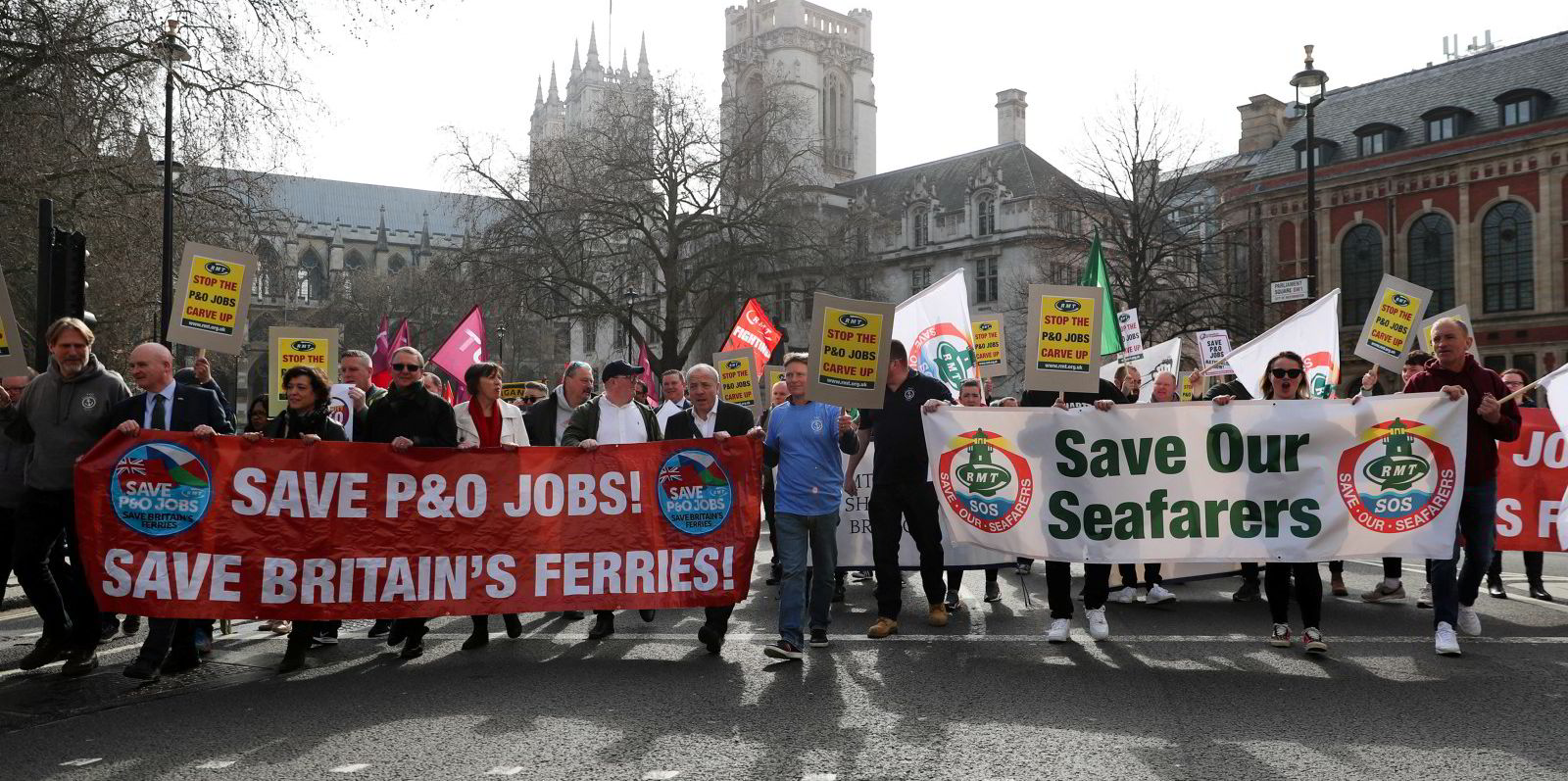When P&O Ferries terminated its sailings last month to suddenly sack nearly 800 employees via Zoom it marked a new low point in maritime labour relations in Europe.
The insensitivity of the move was only matched by P&O Ferries chief executive Peter Hebblethwaite’s jaw-dropping statement to a UK Parliamentary Select Committee that — despite the widespread condemnation of his company’s actions — he “would make the same decision again”.
It is only right that P&O Ferries now faces both a criminal and civil investigation for these brutal sackings, which were made without prior labour union consultation and are as such possibly illegal.
It would be easy to dismiss this sorry episode as a one-off UK concern, even though P&O Ferries is owned by Dubai ports company DP World.
But, somehow it seemed to sum up the way maritime transport workers are regarded around the world as cheap and disposable labour, rather than critical to keeping the world economy moving.
This incident is about more than the way it was handled and the impact it has had on 800 workers’ lives — it is also about attitudes to maritime workers and how they are treated.
As International Transport Workers’ Federation (ITF) secretary general Steve Cotton said about his union’s fight for justice for P&O Ferries employees: “This battle is about respect, respect for working men and women.”
The P&O Ferries debacle comes as another remarkable case of poor treatment of seafarers is still fresh in the memory.
Two years ago, 400,000 seafarers were directly affected by travel restrictions to prevent the spread of coronavirus.
Roughly half were trapped on ships working beyond their contracted period, in the worst cases working more than 12 consecutive months at sea, while the other half were trapped at home unable to earn a living.
Despite dozens of governments designating seafarers as key workers, many declined to offer the travel waivers that would have allowed them a way home and to be replaced.
While seafarers proved critical to keeping international trade moving while the world was in lockdown, they remained an afterthought in the minds of governments and the last in line to receive any preferential treatment.
And as the world begins to pull out of the pandemic, seafarer travel remains restricted, particularly in the Far East.
It is a shame P&O Ferries could not see its own employees as anything other than a cost to be cut
In 2006, the Maritime Labour Convention was agreed upon because it was recognised seafarers’ rights were not being adequately protected and they deserved a better deal.
Under the convention, governments, industry and unions were meant to work together to protect their interests. Judging by what went on during the pandemic it does not seem to have worked.
It is no wonder that ship managers are becoming increasingly concerned that future recruitment in the shipping industry has become seriously damaged.
There are currently 1,000 seafarers caught up in the conflict in Ukraine with seemingly no way out and with supplies running low. Their plight demonstrates the dangerous nature of the work.
Yet amid all the negativity, out of that conflict, have come some more positive signs that there are employers which hold their staff in higher regard.
It was heartwarming to see companies, including Eastern Pacific Shipping, Ardmore Shipping, Technomar and others, offering accommodation and financial support for Ukrainian employees and their families caught up in the war.
V.Ships and the ITF are also working together to protect families of Ukrainian seafarers in Poland.
It shows that there are responsible employers that demonstrate a duty of care toward their employees.
In the future, that care will almost certainly be repaid.
It is a shame P&O Ferries could not see its own employees as anything other than a cost to be cut.






